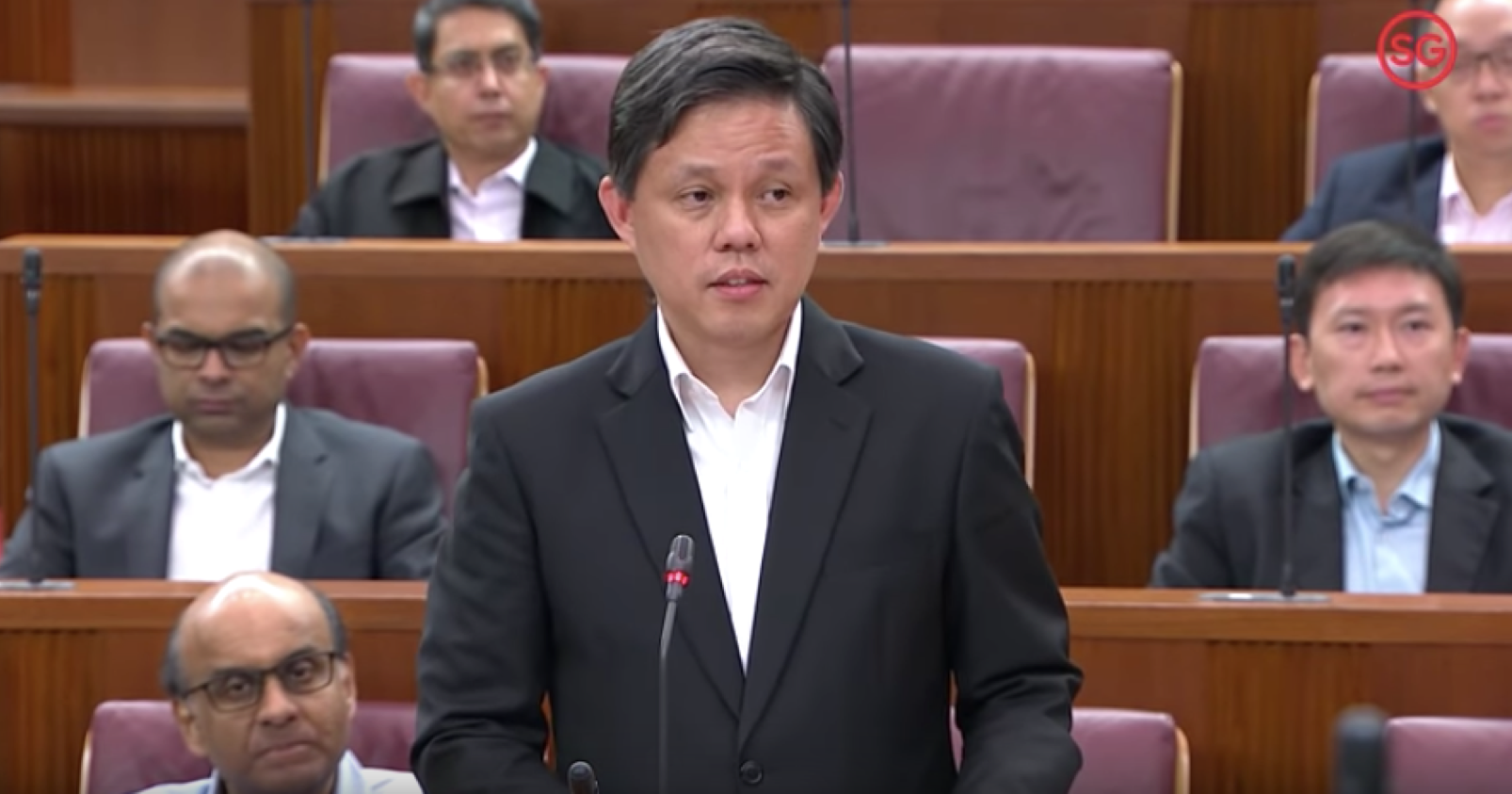The trade war between the United States and China doesn't look like it will cool down any time soon.
On Nov. 18, U.S. Vice-President Mike Pence stuck to his guns, calling out China for "unfair" trade practices at the Apec Summit in Papua New Guinea.
Said VP Pence:
"We’ve also stood up to countries that use unfair trade practices. Just look at the stand the President Trump has taken on our trading relationship with China.
As the President said just a few hours ago in the Oval Office, we have great respect for President Xi and great respect for China.
But, in the President’s words, China’s taken advantage of the US for many many years. And those days are over."
The U.S. has placed tariffs on US$250 billion worth of goods from China, while China has retaliated with tariffs on US$110 billion worth of imports from the U.S.
Steady growth so far
As a trade hub with strong links to the globalised economy, Singapore's own economy is susceptible to global trends.
However, the impact of the standoff between U.S. and China on Singapore has not yet been significant, and growth has been steadily increasing.
Minister for Trade and Industry Chan Chun Sing said in a written reply to Parliament on Nov. 19:
"The impact of the trade tensions on the Singapore economy has been limited thus far.
In the first three quarters of 2018, Singapore’s non-oil domestic exports (NODX) grew by 6.2 per cent on a year-on-year basis, with the third quarter of 2018 marking the eighth consecutive quarter of growth in NODX."
[related_story]
But 2018's trend may not hold true for 2019.
Chan warned that global growth is expected to slow down in 2019, including among the ASEAN-5 economies, partly due to the ongoing trade tensions.
He said:
"The impact of the trade tensions on the Singapore economy will be felt most in externally-oriented sectors which are plugged into the US-China supply chains, such as the electronics and precision engineering clusters."
Every crisis has an opportunity
Chan said that the government will help companies to adapt to changes in the international economy.
He shared that Singapore's economic agencies were working with businesses to identify disruptions and help link them up with other suppliers and markets, if necessary.
Other companies may choose to see potential disruptions as an opportunity, and re-direct their exports to other markets by taking advantage of trading networks that Singapore has built up over the years.
For example, Singapore has recently concluded a new trade deal with the European Union, and upgraded our existing one with China.
In the short term, the trade war might even have some benefits for Singapore. If the U.S. and China aren't directly trading with each other, they might turn to Asean and Singapore for new suppliers.
But in a time of uncertainty, it's better for everyone to have more options on the table. Said Chan:
"The Government will continue to press on with efforts to help companies build the capabilities that they need to access new markets, on-board cutting-edge technologies, and create good jobs."
Top image from Gov.sg's YouTube channel.
If you like what you read, follow us on Facebook, Instagram, Twitter and Telegram to get the latest updates.
